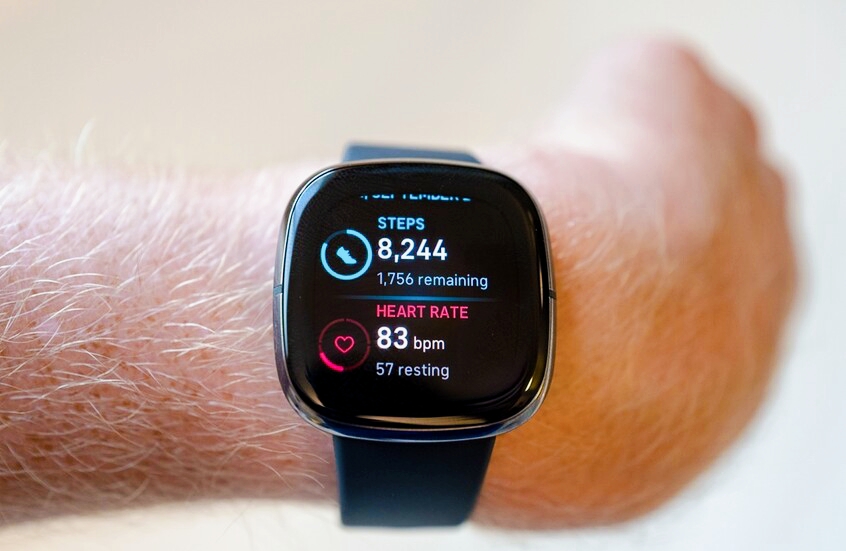Chinese Employee Reinstated After Job Loss Linked to Step Counting App

A Chinese man found himself at the center of an unusual legal dispute after a step counting app led to his dismissal from work. However, a labor arbitration court later reinstated him and awarded significant financial compensation.
According to the South China Morning Post, the employee, identified as Chen, was employed at a company in Jiangsu Province. He initially took sick leave due to a back injury, providing medical documentation and radiographic images to support his claim.
After approximately a month of recovery, Chen returned to work for half a day but soon requested additional sick leave, citing pain in his right leg. He submitted another medical report recommending further rest, which he later extended.
However, the company discovered through the step counting app on his phone that Chen had taken over 16,000 steps on the same day he reported his leg pain. This data was used as a basis for his dismissal, with the company accusing him of "unjustified absence" and "providing misleading health information."
In response, Chen filed a lawsuit with the labor arbitration court, which reviewed the case and ruled in his favor, deeming the company's actions illegal. The court mandated the company to compensate him with 118,000 Chinese yuan, approximately 16,700 US dollars.
The company attempted to defend its position by presenting surveillance footage showing Chen running toward the office on the day he requested leave. However, the court dismissed this evidence, noting that Chen had provided credible medical documentation proving his injury.
The case has ignited a significant debate on social media in China, with opinions divided on whether the company's suspicions were justified or if its actions constituted a violation of privacy. Many commentators expressed concerns that monitoring personal app data, such as step counters, infringes on individual rights and poses serious risks to digital privacy in the workplace.
While the ruling favored the employee, it has prompted broader discussions regarding the limits of using data from smart devices and the legality of such evidence in labor disputes.
